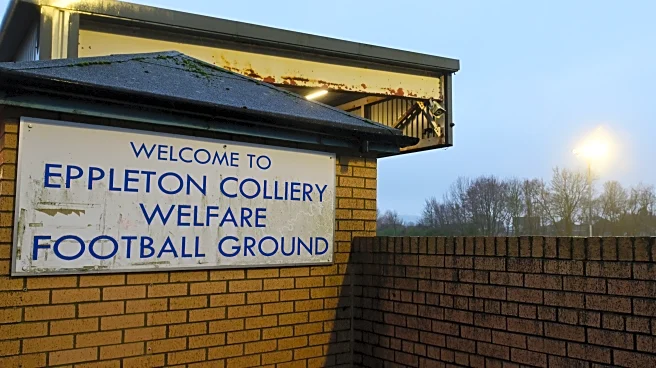Rapid Read • 7 min read
The COVID-19 pandemic has significantly disrupted social relationships and health, altering the ways individuals interact. The pandemic's airborne nature necessitated social distancing, which affected interpersonal and community relationships. The initial response focused on reducing mortality, but the social implications, including the impact on mental health and inequality, were profound. The pandemic led to changes in social networks, reducing face-to-face interactions and increasing reliance on core network members. This shift resulted in smaller, more homogenous networks, impacting social support and interactional norms.
AD
The disruption of social relationships due to COVID-19 has broader implications for public health and societal resilience. Social support is a critical factor in health, and its reduction can exacerbate mental health issues. The pandemic highlighted inequalities in social networks, with disadvantaged groups facing greater challenges in adapting to new interaction methods. The loss of large social gatherings and changes in interaction norms may lead to increased prejudice and reduced social cohesion. Understanding these impacts is crucial for developing strategies to enhance social resilience and support vulnerable populations.
Future efforts should focus on rebuilding social networks and support systems to enhance community resilience. Public health responses must consider the social dimensions of pandemics, promoting interactional norms that support health and well-being. Strategies to facilitate social recovery should address inequalities and support diverse social connections. Policymakers should prioritize initiatives that strengthen community ties and promote inclusive social environments.
The pandemic's impact on social relationships underscores the need for a systems perspective in public health. Social networks are adaptive, and efforts to rebuild them can foster resilience. The pandemic offers an opportunity to rethink social interactions, emphasizing the importance of local communities and neighborly support. Long-term strategies should focus on maintaining social bonds and addressing the social determinants of health.
AD
More Stories You Might Enjoy













